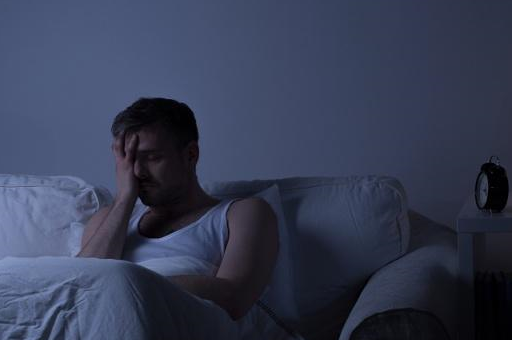When it comes to the need for medication to treat depression, many people are resistant, worrying that antidepressants may be addictive and are afraid to continue taking them. Doctors, during an interview with a family doctor online, stated that the concerns about addiction and dependence related to antidepressants are unnecessary. With standardized systematic treatment, at least half of the depression patients can achieve recovery and remain free from the disease for life.
Doctors point out that “dependence” generally has two concepts, divided into psychological dependence and physical dependence. Psychological dependence refers to a psychological craving, manifested by the pursuit of the pleasure that comes after drug use, relentless efforts, and desperate behaviors to seek the drug. Physical dependence involves two aspects: an increase in tolerance, which means the more you take, the more you need, similar to drinking alcohol. Initially, one bottle of beer may make you drunk, but as time goes by, your tolerance increases, and eventually, you may need a dozen bottles to get drunk.”
Another form of physical dependence is withdrawal reaction, which means discomfort symptoms may occur if one abruptly stops the medication after taking it for a period.
Doctors emphasize that there is neither psychological dependence nor an increase in tolerance for antidepressants. For some antidepressants, if abruptly stopped after prolonged use, physical discomfort such as insomnia, palpitations, nausea, and vomiting similar to withdrawal reactions may indeed occur. However, these discomforts can usually be avoided by slowing down the tapering or stopping of the medication.
Therefore, antidepressants are not as addictive or dependent as many people fear. However, it should be noted that since depression is a chronic illness, most patients need to consistently take medication for at least six months to achieve complete relief. Around 30% of depression patients may require lifelong medication to maintain a stable condition.
In the treatment of depression, doctors also choose other treatment methods based on the specific conditions of the patients, such as electroconvulsive therapy, transcranial magnetic stimulation, etc. Doctors further explain, “Electroconvulsive therapy is like restarting the computer when it crashes, allowing the brain’s program to be reorganized; transcranial magnetic stimulation can penetrate the skull with electromagnetic pulses, directly acting on brain cells, especially affecting the emotional center, like giving a ‘SPA’ to brain cells, it is a non-invasive and relatively safe treatment method.”
In addition, psychological therapy is currently a popular method used in treating depression. However, doctors caution that excessive psychological intervention should be avoided during the acute phase of severe depression because the patient’s brain is chaotic and unable to process too much information. Psychological intervention at this stage may increase the patient’s mental burden and worsen the condition. Therefore, for severely depressed patients, it is recommended to wait until the condition has eased to a certain extent and the patient is willing to receive psychological therapy before proceeding with psychological intervention.
Furthermore, doctors reveal that psychological therapy is relatively expensive, with a long treatment period. Short-term psychological therapy requires at least about three months, with sessions at least 1-2 times a week, some even charging hourly. The effectiveness of treating depression through psychological therapy is not immediate. It is recommended that depression patients decide whether psychological therapy is needed based on the advice of a psychiatrist, use it as needed, and avoid blindly following trends.


